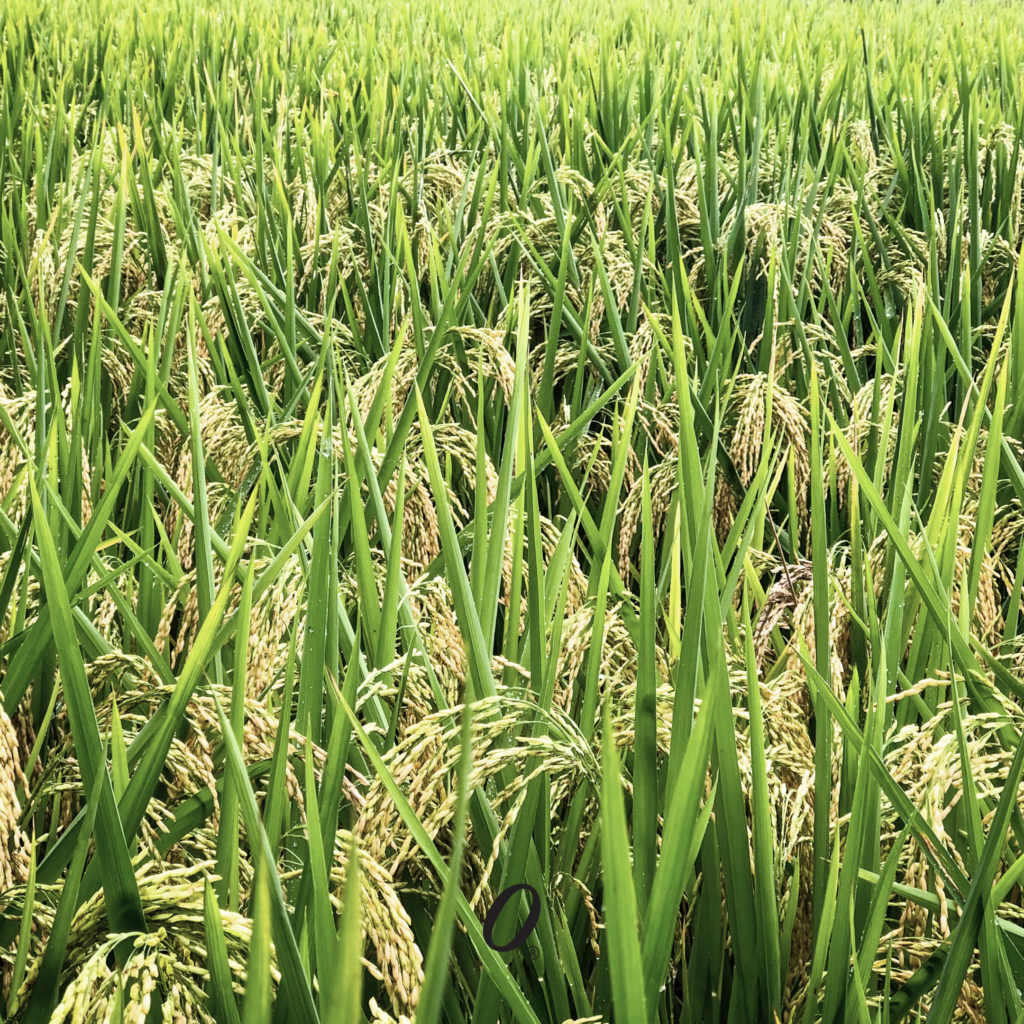In a world increasingly aware of environmental impact, the cosmetic industry faces the challenge of innovating in sustainability. The carbon footprint of packaging is a crucial aspect of this transformation. At Novsus, with our revolutionary approach, we are leading this change towards a greener future.
The importance of reducing the carbon footprint
Reducing the carbon footprint of packaging is essential not only to protect our planet but also to meet the demands of an increasingly eco-conscious market. At Novsus, through our innovation and commitment to sustainability, we have shown that it is possible to combine functionality, aesthetics, and environmental responsibility.
Novsus: innovation and sustainability
At Novsus, we stand out for our unwavering commitment to sustainability. Using eco-friendly materials and efficient production processes, we not only reduce the carbon footprint of our packaging but have also set a new standard in the cosmetic industry.
Technology and eco-friendly materials at Novsus
Oryzite: transforming rice husk into sustainability
The heart of Novsus’ eco-friendly proposition is Oryzite, an innovative material derived from rice husks. This material not only reduces dependence on traditional plastics but also offers a low environmental impact solution, marking a milestone in the cosmetic packaging industry.
It exemplifies how agricultural by-products can be transformed into ecological solutions for modern challenges.
Oryzite originates from rice husks, a by-product of the rice industry traditionally considered waste. However, through a specialized process, rice husks are transformed into a composite material suitable for cosmetic packaging manufacturing.
This process adds value to an agricultural by-product and contributes to the circular economy, reducing waste and promoting material reuse.
The use of Oryzite in cosmetic packaging manufacturing has multiple environmental benefits. Firstly, it reduces reliance on petroleum-derived plastics, thus decreasing the associated carbon footprint.
Moreover, the transformation process of rice husks into Oryzite is energy-efficient, significantly reducing energy consumption and greenhouse gas emissions.
Akilorit: energy efficiency in production
The Akilorit technology represents a qualitative leap in cosmetic packaging manufacturing, focusing on energy efficiency and carbon footprint reduction.
Akilorit is based on an innovative process that incorporates biocharges, like Oryzite, into polymeric resins. Its ability to perform this process with significantly lower energy consumption sets Akilorit apart.
This reduction in energy consumption not only decreases CO2 emissions associated with production but also optimizes operational costs, benefiting both the environment and the economy.
CO2 emissions comparison: traditional vs. eco-friendly packaging
Novsus packaging stands out for its significant reduction in CO2 emissions compared to traditional packaging. This advantage is evident throughout the product’s lifecycle, from material sourcing to final disposal.
Traditional packaging, typically made from petroleum-derived plastics, has a significant carbon footprint due to factors like raw material extraction, manufacturing processes, transportation, and degradation in landfills, contributing to greenhouse gas emissions.
In contrast, Novsus’ eco-friendly packaging shows a significant reduction in CO2 emissions due to several factors:
- Sustainable raw materials: Using Oryzite means a lower environmental impact compared to extracting and processing conventional plastics.
- Efficient production processes: Akilorit technology reduces energy consumption during manufacturing, leading to lower CO2 emissions.
- Transportation and logistics: Optimizing the supply and production chain reduces emissions associated with transporting materials and finished products.
Quantitative impact on carbon footprint of packaging: the Barcelona Collection
The Barcelona Collection is a prime example of how innovation can result in more sustainable products. These packages, made with 30% Oryzite, reduce CO2 emissions by over 70% compared to traditional PP packaging.



